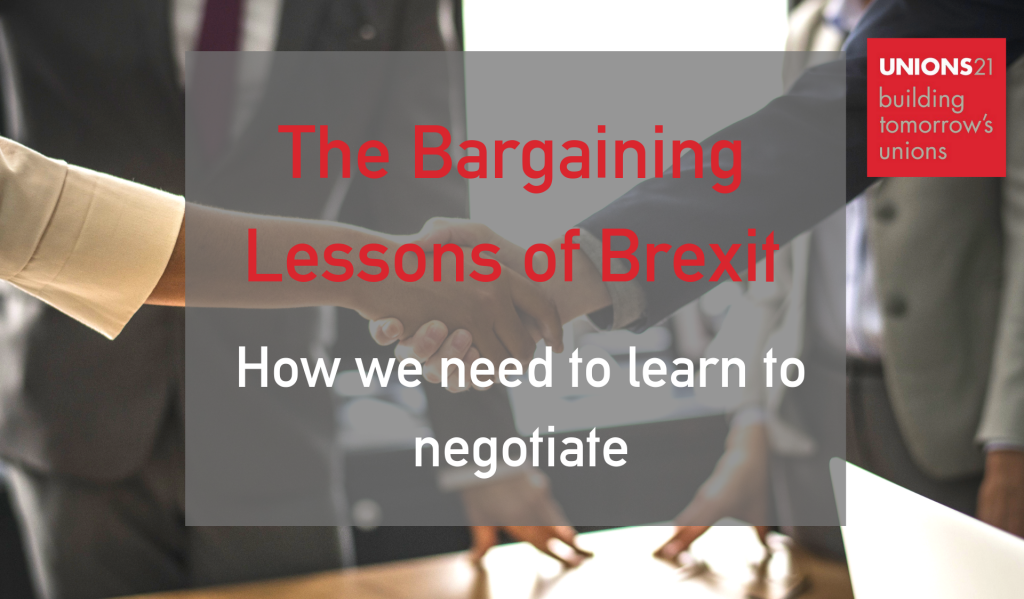By Becky Wright, Executive Director, Unions 21 | 3 min
At Unions 21, we’ve long championed the amazing success of the PDAU in securing recognition for Boots pharmacists. Until now, it’s not been a mainstream media story, only hitting the pharmacy press, so it’s great to see PDAU highlighted in the Financial Times this week.
Indeed, if feedback from Unions 21 annual conference and podcast is anything to go by, unions are excited to hear about the union that took on one of the most complex pieces of legislation and won. Not once but twice with a fairly hostile, private sector employer. You can read more about PDAU’s win here.
The PDAU story is about evolution from a provider of indemnity insurance to a fully fledged trade union - with nearly 30,000 members recruited in 10 years and still growing. Historically, pharmacies were independent businesses, family-run or run by a few people but the change in ownership into larger companies precipitated the need for the union to develop into what it is today.
From small to large, unions need to evolve to meet the changing needs of workers, especially young people. Our supporter unions have shown that by focusing on the needs of members, they can continue to grow in numbers and provide the support that workers need and want.
Take the Association of Educational Psychologists which represents 3,000 educational psychologists across the UK. Understanding that the decline of local authority services was impacting on its traditional route to members, AEP has looked beyond its usual cohort to consider opportunities to reach new types of members in new workplaces, considering why members would join, where members could be found, and what language and channels would make most sense to get them to join.
Or you can look at Prospect’s BECTU area which has adapted to wider change in employment in the creative industries by embracing freelancers into the union and expanding the idea of membership and collective bargaining. Initiatives such as Moxie and VFX campaigns show a willingness to not only talk about a union in a non traditional way but also to explore membership through a form of crowd sourcing. When a workplace does not have that traditional union base, a whole range of activities should be explored.
And even larger unions like the RCN is working alongside health colleagues the CSP in organising in the previously neglected private sector health providers.
I’ve talked about the current trade union membership statistics: growth in our traditional recruitment area of the public sector is encouraging, yet our decline in the private sector shows we face a challenge to find relevancy with new groups of members.
Unions 21 has long argued that placing the member at the heart of the union will secure growth. Smaller unions might have the benefit of single workplaces or professions to organise; and bigger unions have the opportunity to segment their offer to meet members’ needs.
When it comes down to success, is it less about niche and more about rebuilding our tribes that could offer us a clue to our survival in the 21st century?
Receive updates about content like this:join our mailing list using the form below: we'll contact you about new blogs, podcasts and publications.



